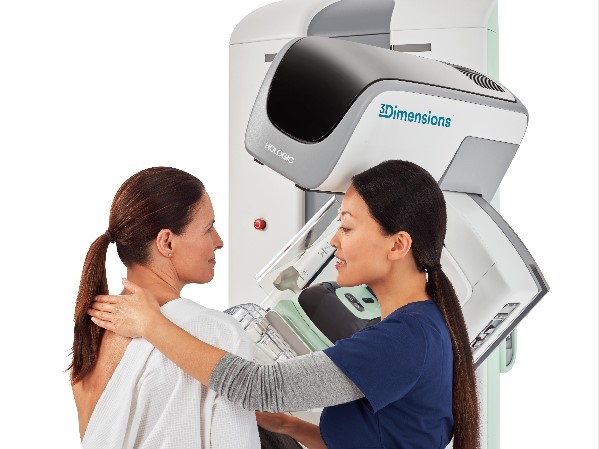KUALA LUMPUR, March 24 — Regular clinical breast examination (CBE) reduced breast cancer mortality by 15 per cent, a 20-year Mumbai-based study found.
The study that was started in 1998 in Mumbai, India, among 151,538 participants between the age of 35 and 64 also found a significant reduction in deaths from breast cancer by 30 per cent in women above the age of 50.
The study funded by a US National Institutes of Health R01 grant and supported by Tata Memorial Centre in India was conducted by professors and research fellows from India.
The randomised control research, which was published last month in the British Medical Journal (BMJ) had two groups: the control group and the screening group.
A total of 213 breast cancer deaths was found in the screening arm and 251 deaths in the control arm. Among those younger than the age of 50, a total of 149 breast cancer deaths happened in the screening group, while 158 deaths were found in the control group.
Meanwhile, among those aged 50 and above, 64 breast cancer deaths were found in the screening group and 93 deaths in the control group.
The screening group had nine rounds of biennial monitoring for breast cancer occurence and mortality, four rounds of CBE and cancer awareness education, and five rounds of active surveillance. The control arm had nine rounds of biennial monitoring for breast cancer recurrence and mortality with no CBE, but one round of cancer awareness education, and eight rounds of active surveillance.
CBE is a physical examination of the breast to check for lumps or other breast changes that is performed by a health care provider.
These women were screened by trained female primary health care workers.
Besides that, at the end of the screening, 640 individuals were identified with breast cancer in the screening arm, while 655 were identified with breast cancer in the control arm. This translated into an incidence rate of 62.76 per 100,000 women in the screening group and 64.43 in the control group.
Researchers said this study proves that CBE is an alternative modality for breast cancer screening, as breast cancer in low and middle income countries is usually detected at advanced stages.
“It demonstrates that CBE screening is effective in reducing breast cancer mortality in Indian women aged 50 and older without any overdiagnosis,” the study said.
“Our study suggests that implementation of population screening by CBE in low and middle income countries is feasible, provided that adequate training of screening providers, careful monitoring, and quality of performance are assured.”
The study however had several limitations. Cancer staging data was unavailable on 41 women in the screening arm and 73 in the control arm.
“This limitation probably did not affect the study results because the survival curves of patients with missing staging information were similar in the screening and control arms.”








